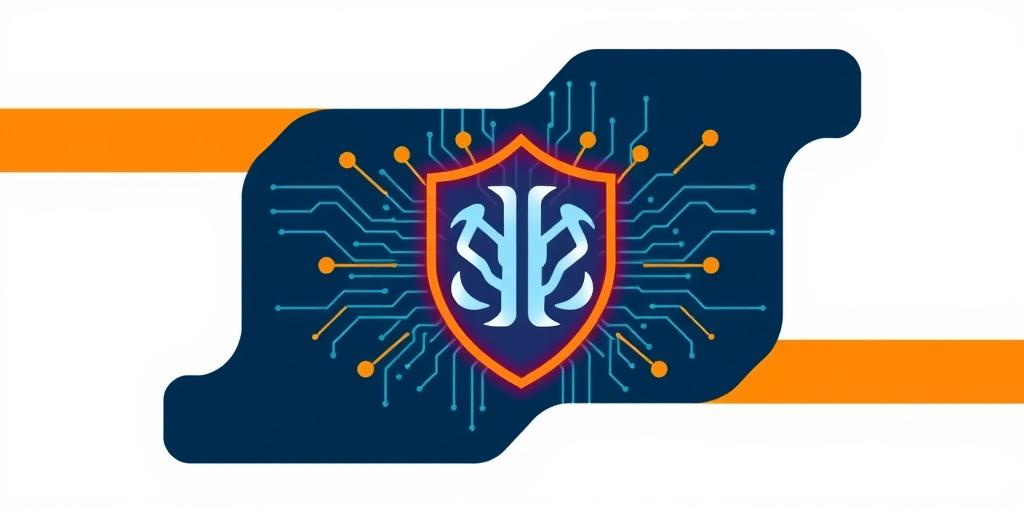Hey everyone, let's dive into something super interesting but also kinda mind-bending: the ethics of AI in cybersecurity, specifically here in the US. I know, I know, it sounds heavy, but stick with me. It’s actually pretty relevant to our daily lives, you know?
First off, what even is AI in cybersecurity? Think of it like this: we're using super-smart computer programs to protect us from cyber threats. These programs can learn, adapt, and even predict attacks – which is awesome, right? But… there's a catch.
The ethical dilemmas start popping up when we consider things like bias, privacy, and accountability. Let's be real, algorithms are only as good as the data they're trained on. If that data reflects existing societal biases, then the AI might end up discriminating – maybe even unfairly targeting certain groups. That's a huge problem, ethically speaking.
Then there's the privacy issue. These AI systems often need access to tons of data to work effectively. We're talking personal information, browsing habits, the whole shebang. How do we balance the need for security with the right to privacy? It's a tough one.
And what about accountability? If an AI system makes a mistake and causes harm – who's responsible? The developers? The company using the AI? It's not always clear-cut.
This is where the US perspective comes in. We've got a whole bunch of laws and regulations around data privacy and security, but they're not always perfectly suited to the rapid advancements in AI. We're kinda playing catch-up, honestly. Plus, there's the whole international aspect. Cybercrime doesn't respect borders, so we need to work with other countries to establish ethical guidelines and standards. It’s a global problem that requires a global solution.
So, what's the takeaway? Well, we need to have open and honest conversations about the ethical implications of AI in cybersecurity. We need to make sure that these powerful technologies are used responsibly and ethically. It's not just about keeping our data safe; it's about making sure that AI enhances our security without compromising our values or freedoms. We need to think about this stuff carefully and proactively, otherwise, we might end up facing some serious problems down the line.
Have you tried to grapple with any of these issues? Would love to hear your take!









